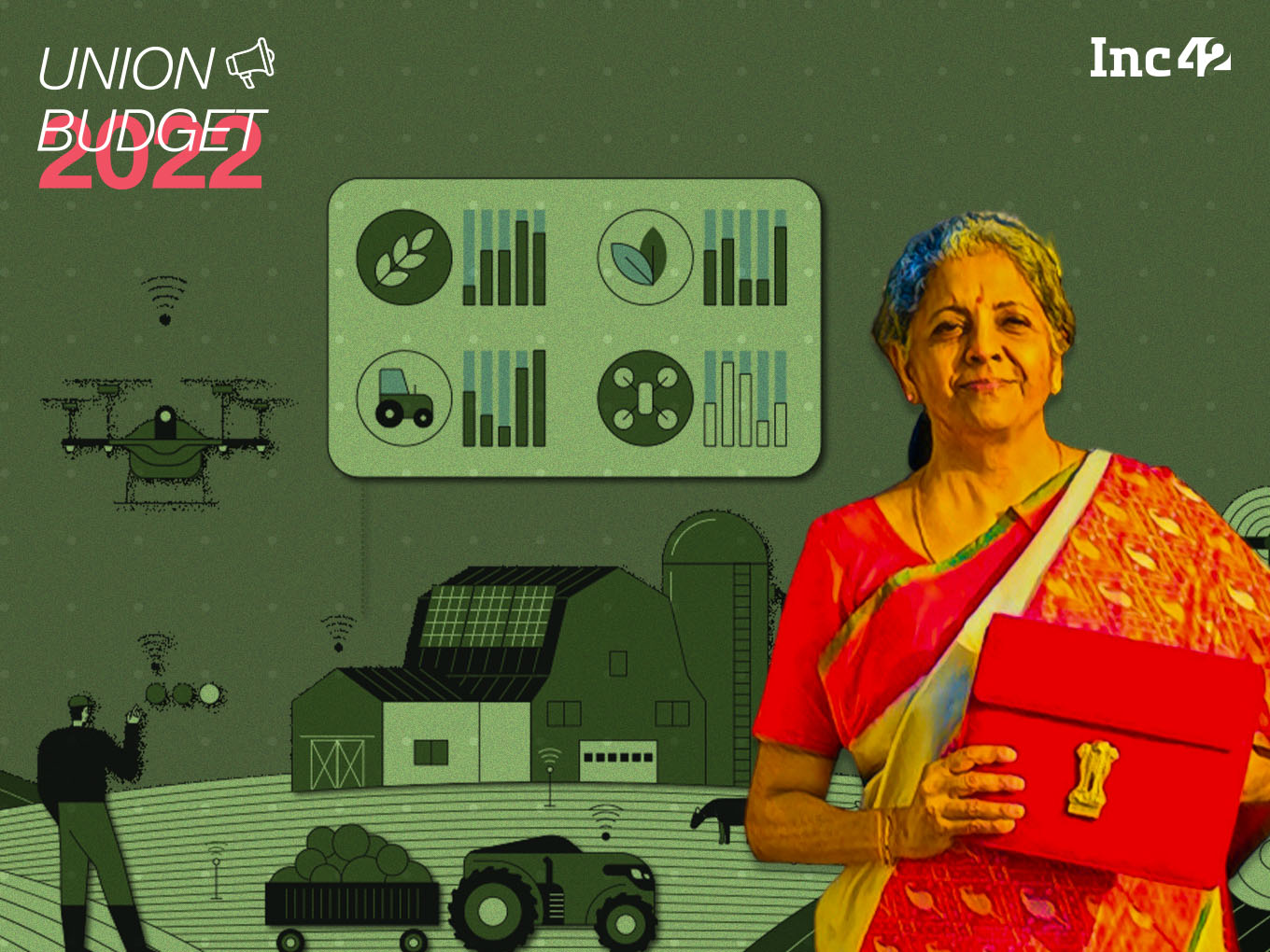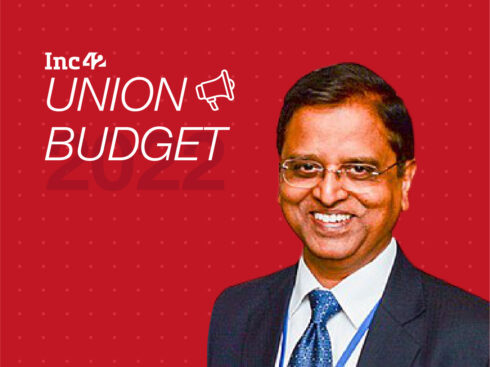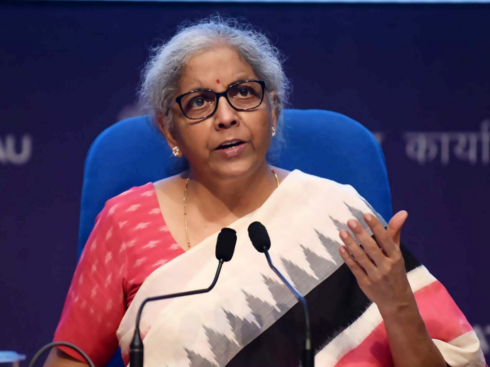SUMMARY
Budget's focus on technology-aided agriculture is critical as it will help Indian agriculture leapfrog into a sustainable future
Drone startups are not necessarily looking for subsidies but a favourable regulatory environment
More provisions for agritech startups would have been ideal as it is still a relatively young space
The Union Budget 2022 has set the ball rolling for the agritech sector in the country. Agriculture contributes to 16.5% of India’s gross domestic product (GDP) and employs 43% of the Indian workforce. For years the industry has been plagued with traditional mechanisms of operations, which saw a breather with the rise of the agritech startup bandwagon in the country.
Although the last two budgets were focused primarily on improving farmers income and availability of credit. More funds, more subsidies and more schemes seem to be the only pillars of success. But this year, the Union Budget 2022 placed Indian agritech in a new light with a push towards technology adoption and public-private partnership.
“This Budget’s focus on technology-aided agriculture is critical as it will help Indian agriculture leapfrog into a sustainable future. There are many areas in the value chain that need this mode of support. One way to forge ahead would be to form working groups comprising agritech startups innovating for specific sections of the value chains to better understand where PPPs will have maximum impact,” said Dr. Harsh Kumar Bhanwala, Senior Adviser, Omnivore.
The Hits
The two key developments announced by Finance Minister Nirmala Sitharaman were:
- Launch of the scheme in PPP mode For delivery of digital and hi-tech services to farmers
- Use of ‘Kisan Drones’ will be promoted for crop assessment, digitization of land records, spraying of insecticides, and nutrients.
Prasanna Rao, MD & cofounder, Arya.ag believes that the launch of PPP scheme has reposed faith in the role of new-age startups to transform the agriculture sector in the country. At the same time, the intent to inculcate a strong element of digitisation in form of Kisan drones for crop assessment, in the agri-value chain, will leapfrog India’s place in the global agriculture landscape.
Apart from this, States will be encouraged to revise syllabi of agricultural universities to meet the needs of natural, zero-budget and organic farming, modern-day agriculture, value addition and management.
Also, a fund with blended capital, raised under the co-investment model, will be facilitated through NABARD.
“This is to finance startups for agriculture & rural enterprise, relevant for farm produce value chain. The activities for these startups will include, inter alia, support for FPOs, machinery for farmers on rental basis at farm level, and technology including IT-based support,” said the Finance Minister.
Kisan Drones: A Booster For Agri-Growth
After last years’ announcement of drone rules relaxation and launch of Standard Operating Procedures (SOPs) for use of drones in agriculture, in January 2022, the Government of India also offered a 100 percent grant up to the cost of INR 10 lakh to Agricultural Institutes for purchase of drones for Farming and its allied activities.
In addition, the Government has also provided a grant of 75 percent of the cost of drones to the farmer producers organisations (FPOs) for displaying on the farmers’ fields.
“Large drones weighing 150 kgs can now be used across different sectors like healthcare, logistics etc. to create effective and efficient solutions. India being a country where most people still depend on agriculture for a living, Kisan Drones will give the sector a huge shot in the arm,” said Vishal Saurav, Founder and CEO of VFLYX India, a bootstrapped State-of-the-art Drone Technology (UAV) company.
The same will require more drone production which in turn will help the Government’s Make in India campaign. Startups have been given license to produce and experiment with Drone Shakti so that it can be implemented as soon as possible, he adds.
However, certain gaps still remain primarily on cost, security and regulatory fronts.
“Drone startups are not necessarily looking for subsidies but a favourable regulatory environment and partnerships with agri input players and government bodies for spraying and data collection,” said Hemendra Mathur, Venture Partner, Bharat Innovation Fund.
The Miss
Hemender believes that the Indian government should act as a facilitator to startups in order to run the PPP scheme smoothly.
“We need an “agritech facilitation cell” in every state to build these partnerships. Government can also open up public data sets for faster development of digital solutions,” he adds.
Also, the industry expected catalytic capital for seed investing in agritech startups across the country given the emergence of hundreds of startups in this space. Government should also integrate startups and innovations in the government programmes for sustainable farming, climate action, exports, food processing and value chain initiatives / schemes for sectors like horticulture, dairy, fisheries.
Although, the Union Budget 2022 provided a breather to the startup sector with announcements such as one year increment in tax incentives, one nation-one registration, ease of doing business 2.0 and more which is applicable across the agritech startups in the country.
However, Dr Harsh believes that more provisions for agritech startups would have been ideal as it is still a relatively young space. Entrepreneurs are addressing chronic problems in the value chains, navigating various government regulations and building connections at the grass-root level. Owing to these factors, agritech startups need longer to stabilise and will need more targeted support from the Center.
All said Indian agritech startups are well placed to build as well as deliver digital services to the farmers. This includes supplying agri inputs, data, advisory, financial products, insurance and facilitating market linkages for farmers through digital mode.
“Though startups can build it, participation from the local CSCs, KVKs, FPOs with support from village and district administration can hasten faster adoption by farmers,” Hemender concludes.



























